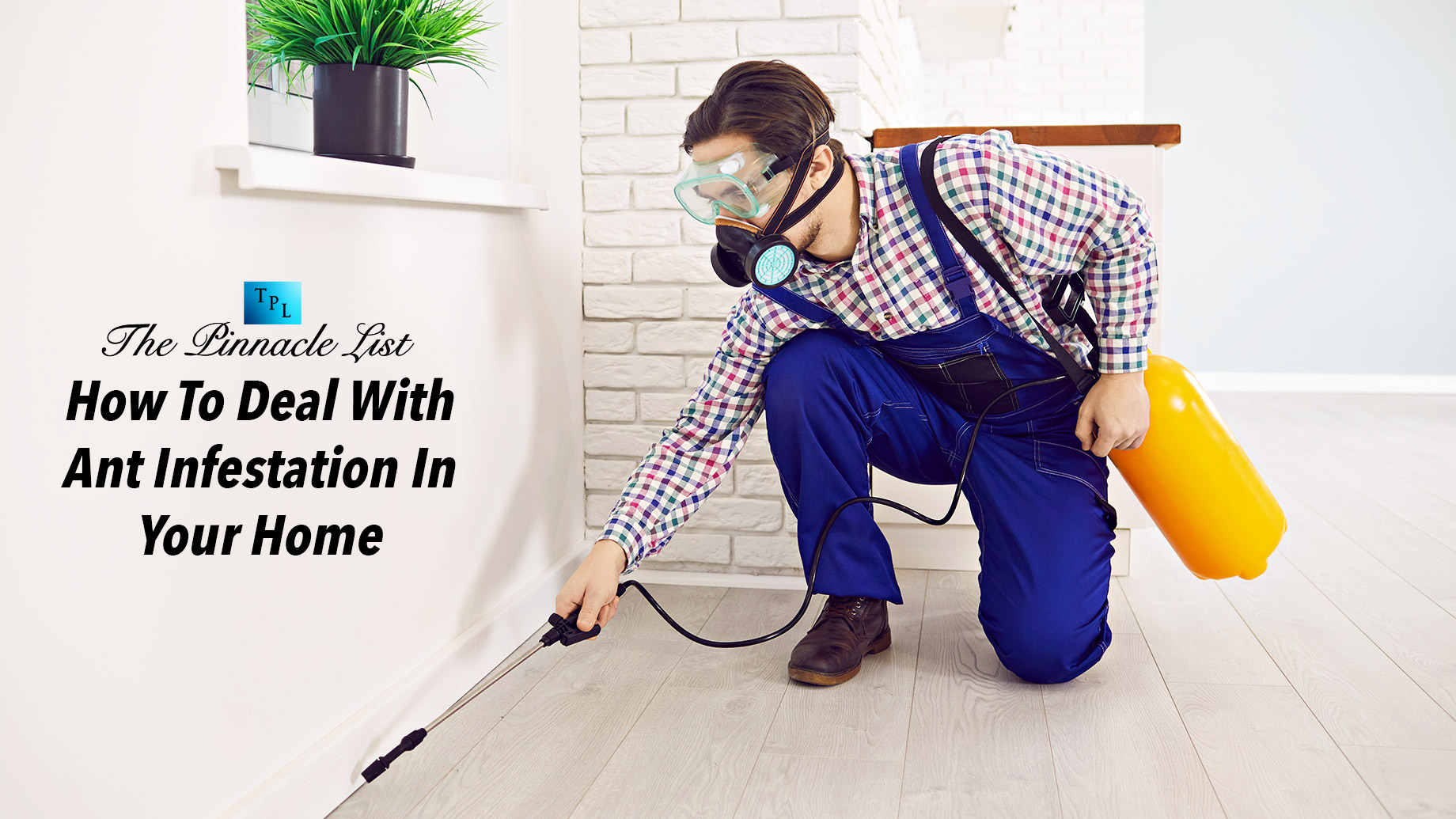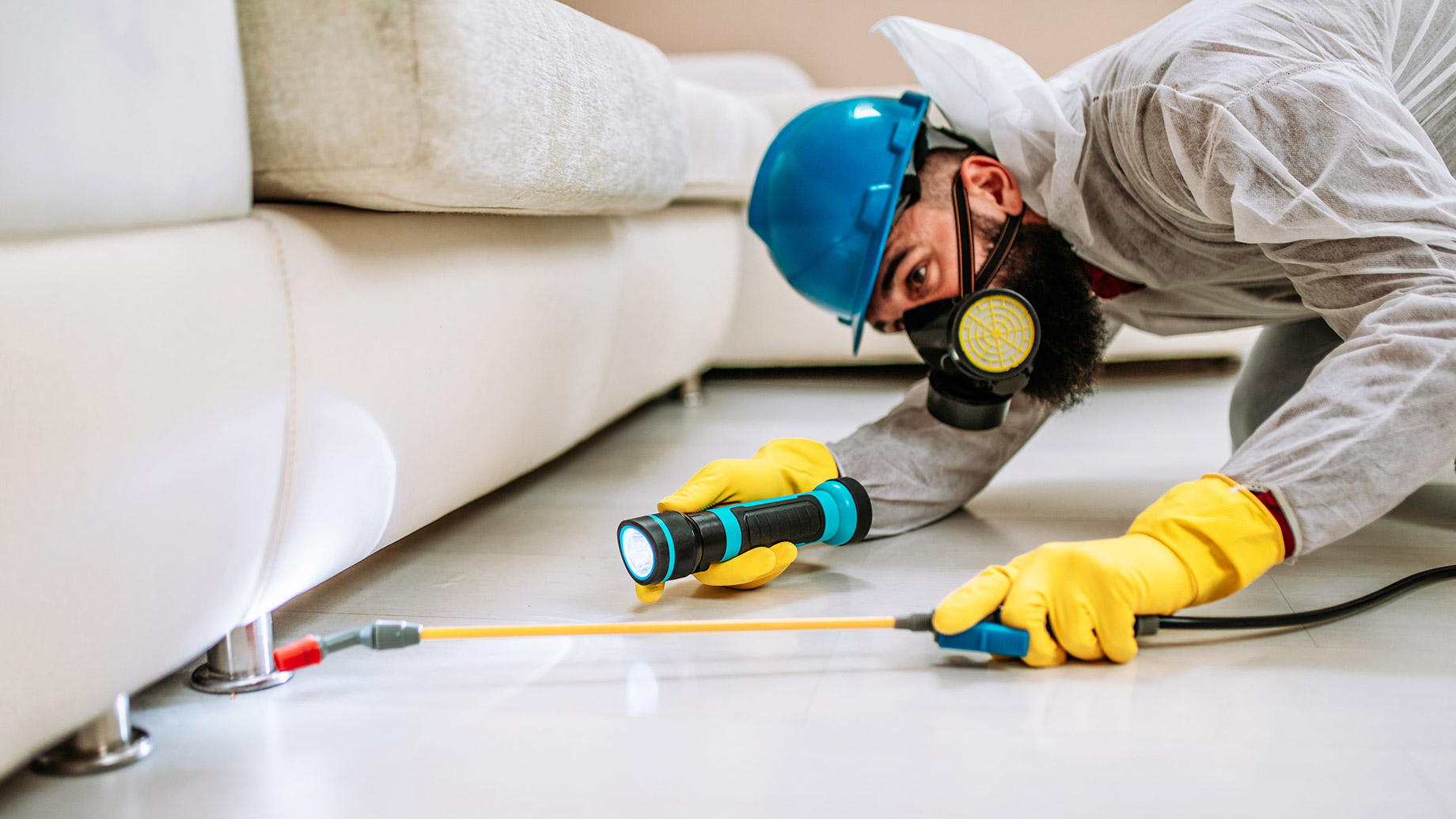
A single ant sighting might be a scout, but a marching column across your kitchen counter? That’s a full-blown infestation! While ants play a crucial role in the environment, sharing your home with them is far from ideal. But before you grab the chemical spray, take a deep breath.
This guide will equip you with the knowledge to tackle those ant invaders, whether you prefer natural remedies or store-bought solutions. It will cover how to identify the type of ant, eliminate their food sources, and disrupt their trails, all to send them packing for good.
Identify the Type of Ants
The first step in dealing with an ant infestation is to identify the type of ants you’re dealing with. Different ant species require different approaches, and knowing the species can significantly improve the effectiveness of your treatment. Common types include carpenter ants, which can cause structural damage; pavement ants, often found in driveways and patios; and odorous house ants, which emit a strong smell when crushed. Take a close look at the ants or capture a few in a clear container for identification. You can use online resources or consult an ant pest control professional to accurately identify the species and determine the best course of action.
Locate the Source
Finding the source of the ant infestation is crucial for effective control. Ants usually enter homes in search of food and water, following trails they leave for others to follow. Observe where the ants are most active and try to trace their path back to their ant colony. This could be through cracks in walls, gaps around windows and doors, or even through utility lines. Once you have located the entry points, you can focus your efforts on sealing these areas and applying targeted treatments.
Seal Entry Points
Sealing entry points is an essential step in preventing ants from entering your home. Inspect your home thoroughly, paying special attention to areas where utilities enter, cracks in the foundation, and gaps around doors and windows. Use caulk to seal small cracks and crevices and apply weatherstripping to doors and window sills to eliminate gaps. By sealing these entry points, you can significantly reduce the number of ants entering your home and make it more difficult for them to establish new trails.
Clean Thoroughly
Maintaining a clean home is one of the most effective ways to prevent and control ant infestations. Ants are attracted to food and water sources, so it is essential to clean up spills immediately, keep food in sealed containers, and ensure that no crumbs or sticky residues are left on surfaces. Pay special attention to the kitchen and dining areas, as these are common places for ants to find food. Regularly clean under appliances, wipe down countertops, and sweep or vacuum floors to remove any potential attractants.
Eliminate Food Sources
Eliminating food sources is crucial in discouraging ants from entering your home. Store food in airtight containers to prevent ants from accessing it, and avoid leaving food out on counters or tables. Dispose of garbage regularly and use sealed garbage cans to prevent ants from foraging in your trash. If you have pets, store their food in sealed containers and clean up any spills promptly. By removing these food sources, you can make your home less attractive to ants and reduce the likelihood of infestation.
Use Natural Deterrents
Natural deterrents can be an effective and eco-friendly way to manage ant infestations. Vinegar and water are a popular natural solution; mix equal parts vinegar and water in a spray bottle and spray it along ant trails and entry points. The strong smell disrupts the ants’ pheromone trails and deters them from returning. Essential oils such as peppermint, tea tree, and lemon eucalyptus oil can also repel ants. Mix a few drops of water and spray in infested areas. Additionally, sprinkling cinnamon or cayenne pepper along entry points and trails can discourage ants from crossing these barriers.
Use Commercial Ant Killers
If natural methods are not effective, you may need to resort to a commercial ant spray. Ant sprays can provide immediate relief by killing ants on contact, but they should be used with caution as they can be toxic to humans and pets. Ant dust and granules are another option; these can be sprinkled around the perimeter of your home to create a barrier that ants cannot cross. Always follow the manufacturer’s instructions and take safety precautions when using these products.
Maintain Outdoor Areas
Maintaining your outdoor areas can help prevent ants from entering your home. Keep plants and trees trimmed away from your house, as ants can use these as bridges to access your home. Remove piles of leaves, wood, and other debris where ants might nest. Ensure that outdoor trash cans are tightly sealed to prevent ants from foraging in your garbage. By keeping your yard clean and well-maintained, you can reduce the chances of outdoor ants finding their way into your home.
Professional Pest Control
If the infestation is severe or persistent, it may be best to call a professional pest control service. Pest control professionals have the expertise and tools to deal with large infestations effectively. They can identify the species, locate nests, and apply treatments that are safe and effective. Additionally, they can provide advice on preventing future infestations and maintaining a pest-free home environment.
Conclusion

With a little vigilance, the methods outlined in this guide will help you reclaim your home from these tiny trespassers. Remember, a successful defense is a multi-pronged attack. By combining identification, elimination of attractants, strategic deterrents, and (if necessary) targeted treatments, you can achieve a peaceful coexistence with the ant kingdom – outside your walls, of course.